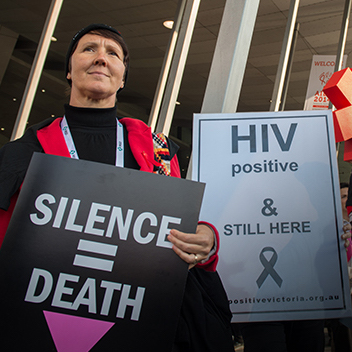Eliminating hepatitis C among Canadian immigrants and newcomers: how CanHepC’s blueprint will impact my work
July 31, 2018 • By Fozia TanveerThe Canadian Network on Hepatitis C (CanHepC) is leading a national effort to develop a consensus blueprint to meet the World Health Organization’s hepatitis C elimination targets by 2030. The goal of the blueprint is to guide various stakeholders with specific and measurable objectives on how to address hepatitis C in different Canadian contexts. I’m excited for the initial draft of the blueprint, coming out this fall, as it will greatly impact my work.






